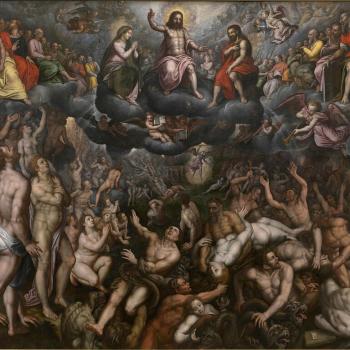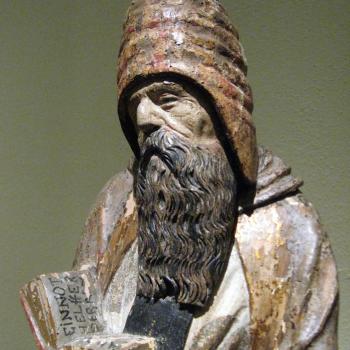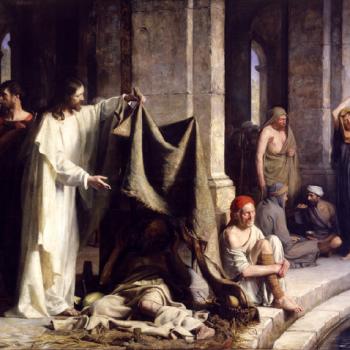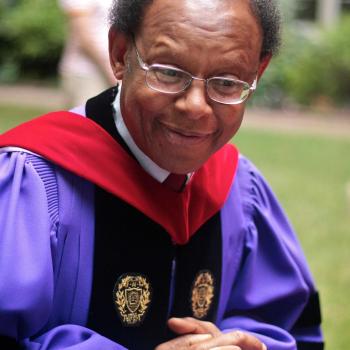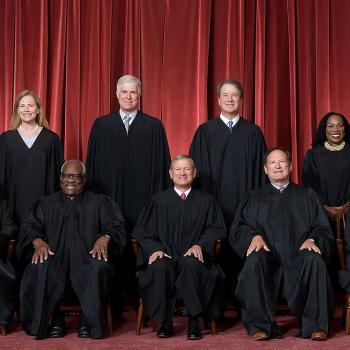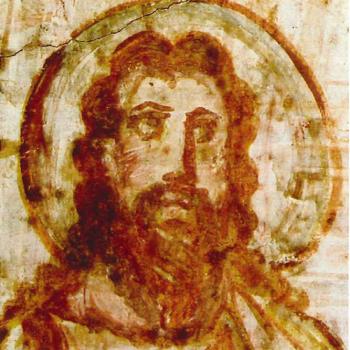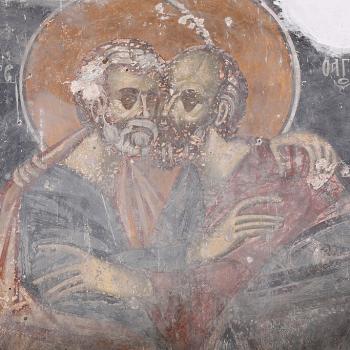Christian Scripture offers us a glimpse of what is to be in the eschaton, sometimes in ways which appear to be contradictory, which is why there are various, often contradictory, interpretations and beliefs concerning it. Some Christians believe that Scripture indicates that those who are not “saved” will be annihilated (a view, to be sure, repudiated by most Christian traditions). Most Christians believe that everyone will be brought back to life in a general resurrection from the dead, whereupon everyone... Read more


